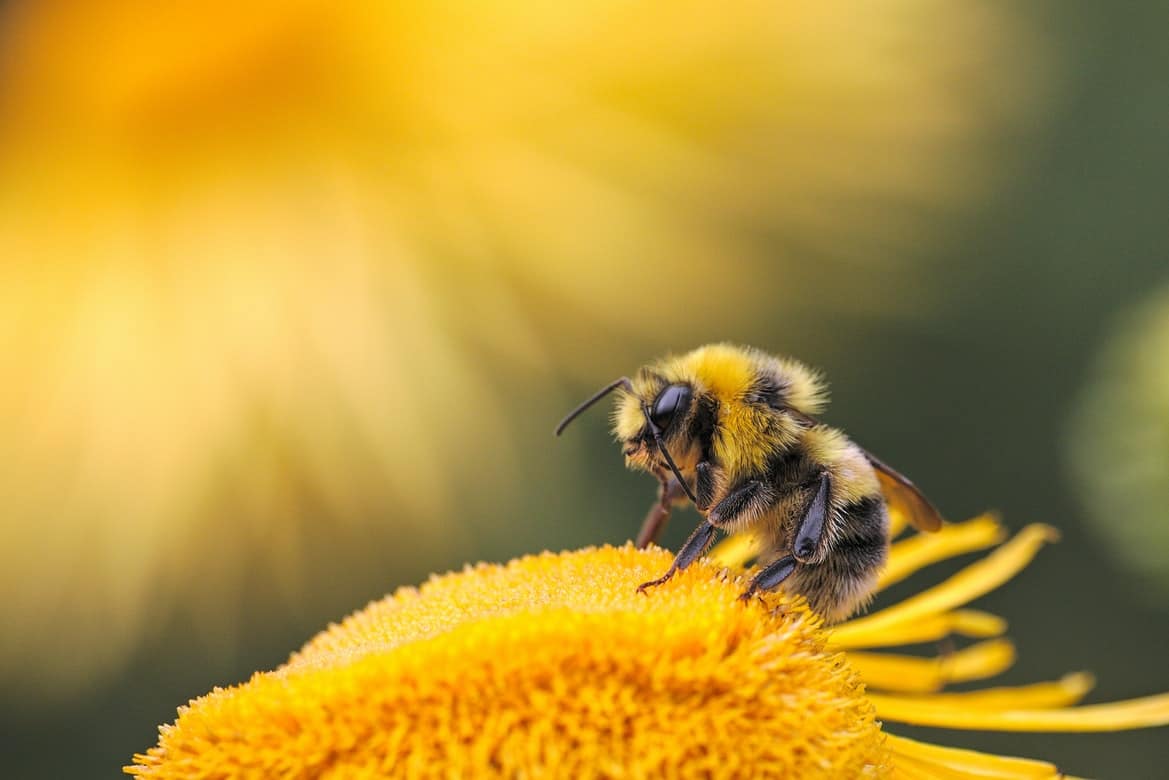If you suffer from allergies, you’ll do just about anything to find relief from your symptoms. Some sources even recommend consuming locally-sourced honey from Madison County Farmers Market to manage allergies. But is there truth to this? We review the facts below.
What Is Honey?

Honey is a thick, golden, sweet substance produced by bees that you may add to your tea or spread on bread.
Bees make honey by extracting nectar from flowers using their long tube-shaped tongues and storing it in their extra stomachs. The nectar mixes with enzymes in their stomachs that transform the substance’s chemical composition so it is suitable for long-term storage. The partially-digested nectar is then deposited into a honeycomb, where the bees fan it to evaporate the water. Then, the honeycomb is sealed with beeswax.
What Causes Allergies?
The immune system’s job is to protect your body from diseases, viruses and bacteria. But for people with allergies, their immune system mistakes harmless substances for dangerous introducers. These substances are known as allergens. When the immune system comes into contact with an allergen, it overreacts.
During this reaction, the immune system releases Immunoglobulin E (IgE) antibodies, which tells the cells to release histamine. Histamine increases mucus production and triggers inflammation, causing your allergy symptoms.
What the Research Shows
One 20-year old study sought to examine the effect of ingesting honey on symptoms of rhinoconjunctivitis (eye and nose allergies).
Thirty-six participants who suffered from rhinoconjunctivitis were first scratch-tested for common allergens, then they were randomly assigned to one of three groups:
- One group received locally collected, unpasteurized, unfiltered honey.
- One group received nationally collected, filtered, pasteurized honey.
- One group received corn syrup with honey flavoring.
The participants each consumed a tablespoon of their given substance per day. They followed their usual routine for managing allergy symptoms, including taking allergy medications during an allergy attack. They also maintained diaries tracking their allergy symptoms.
The researchers found that neither honey group experienced more relief from their symptoms than the control group and concluded that their study could not confirm the belief that honey relieves allergy symptoms.
For more information or to schedule an appointment, call North Alabama ENT Associates today.